A computer virus is a type of special software program that enters a computer user unknowingly and performs malicious activities. Some computer viruses are so powerful that they carry out harmful activities inside the computer without letting the user know its location and destroy important data. Computer viruses are programmed in such a way that they do not require a separate user to spread them. Once created, a virus spreads from one computer to another by copying itself.
Computer viruses cannot make their own copies or spread from one computer to another using any medium. All viruses are created by programmers. Initially a virus enters the boot sector of the computer's operating system and disrupts the normal functioning of the operating system. Mail functions the computer by modifying different types of programs. The full form of the VIRUS name is - “Vital Information Resources Under Siege”.
Computer viruses are like viruses and bacteria that attack the human body. In the same way that viruses and bacteria that invade the human body enter the human body through one means or another, computer viruses use one means or another to move from one computer to another. Such as USB devices, malicious websites, software full of viruses, etc.
Before a computer virus can be spread using any medium, it must be properly programmed to do certain things. This means that each virus is programmed differently to perform different tasks.

Computer viruses are also called by different names such as Worm, Malware, Ransomware etc. Each of them has a different way of working with the name. Viruses are divided into different categories based on the type of work they do. These are,
Boot sector viruses
Program viruses
Multipartite viruses
Stealth viruses
Macro viruses
Polymorphic viruses
Active X viruses
Browser hijacker
Resident viruses
File infector viruses
Rootkit viruses
In many cases computer viruses are compared to time bombs. Because it can be programmed and kept invalid for a certain period of time. After that time, the virus is activated and works according to the program. The algorithms of these viruses are so powerful that it is almost impossible to recover the infected system because all the viruses are used to damage many large systems.
These viruses are made so powerful that as soon as they are activated, they completely destroy the entire system. Destroying security systems leads to data encryption, decryption and theft. Devices under any type of network that are software dependent can be hacked using viruses.
Computer viruses are now used to commit many major crimes. Hackers use viruses to hack and steal information. Viruses are used to steal important personal information or important information of a country's government. The main purpose of these hacks is to steal money or any other assets by blackmailing important information. Computer viruses cause billions of dollars in damage every year.
Microsoft Windows platform is the most vulnerable to virus attacks. Software developers create antivirus programs to protect computers from virus attacks. But all these antivirus programs are of no use because new viruses are constantly being created.
Harmful aspects of computer viruses
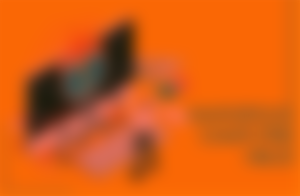
The computer slows down by corrupting the operating system files
Temporarily crashes or deletes some programs
Destroys the boot sector of the operating system
Sending personal information stored on a computer to another person
Delete all data stored on the hard drive
Destroy the hard drive completely
Showing unnecessary and annoying messages on the computer screen
Some viruses can alter the voltage rating of the computer's hardware, damaging the circuit and causing the computer to crash completely.
Some malware is known as computer virus
Computer Worms
Trojan horse
Spam virus
Spyware
Zombies
History of the onset of computer viruses
The world's first computer virus was created in 1971. Robert Thomas was the first to create a computer virus. He was an engineer at BBN Technologies. The first computer virus was called "Creeper". The virus enters the ARPANET's mainframe's TENEX operating system via a floppy disk. It was a boot sector virus. The virus displays a message on a computer screen that reads "I'm the creeper: Catch me if you can."
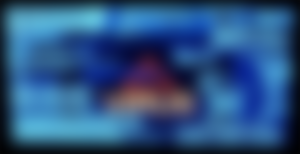
The second computer virus was created in 1982 by Richard Skrenta. It was a boot sector virus. Its name is "Elk Cloner". Richard Skrenta was only 15 years old when he made it. He was then a ninth grader. This he made for the purpose of having fun with his friends. Apple II enters the operating system via a floppy disk. Elk Cloner would show a poem on the screen of an infected computer. It was like,

“Elk Cloner: The program with a personality
It will get on all your disks
It will infiltrate your chips
Yes, it’s Cloner!
It will stick to you like glue
It will modify RAM too
Send in the Cloner! ”
In 1986, two Pakistani brothers, Basit and Abzad Farooq, created another boot sector virus called "Brain". She was 17 at the time and Amjad was 24. It was built for the IBM PC operating system. They created it for the purpose of stopping piracy of the medical software of their Brain Computer Services. It was not a harmful virus like Elk Cloner. It would only replace the boot sector with another infected boot sector. This would waste a few kilobytes of space which was much more valuable at that time. The computer would be slow and would not allow the user to save any work. Brain message was displayed on the computer screen-
“Welcome to the Dungeon (c) 1986 Basit & Amjad (pvt) Ltd. BRAIN COMPUTER SERVICES 730 NIZAB BLOCK ALLAMA IQBAL TOWN LAHORE-PAKISTAN PHONE: 430791,443248,280530. Beware of this VIRUS. Contact us for vaccination ………… $ # @% $ @ !! ”

Let's take a brief look at some of the harmful viruses
File infectors
This virus attaches itself to the program file and modifies the extension of the program file to enter the file or system file with the .exe extension. When an infected program is run, the file infectors virus runs with that program. This prevents the system's program files from working normally. Which causes the system to perform mail functions and become slow.
Macro viruses
It targets macro language commands from Microsoft Word or any other program. A macro is a key stroke embedded command saved in the command section of a document file that we press while typing on the keyboard. The macro virus inserts the malicious code into the word file in those comment sections. Microsoft has closed the macro command section in newer versions to protect Microsoft Word from macro viruses.
Overwrite viruses
Some viruses are specifically designed to destroy any software file data file. After infecting a system, the Overwrite virus starts overwriting the system's program files. When overwriting, the command program code inside the virus is inserted into the program code of the system file. This changes the program of the system and the system can not run normally. Overwrite virus can install new code files inside the application which can later spread inside the application or system file of another device.
Polymorphic viruses
This virus is a type of malware. It changes its code every time an infected file is executed after accessing an infected system file. This virus works to circumvent antivirus programs. Because its name changes every time the new code changes. As a result, the antivirus may not recognize the program instead. This makes it easier for the virus to work and can stay inside the system for a long time and spread to other systems.
Resident viruses
The virus enters the system memory or RAM. The original virus does not need to be inserted into any program or application file even if the virus is removed from the system. Even then it can reload what the virus pre-loaded from the system memory or RAM saved when a space MB is finished. When a specific program or application loads the operating system then the virus is reactivated. This may be because it can easily evade antivirus programs and stay hidden inside the system memory for a long time.
Rootkit viruses
This malware installs an unauthorized rootkit file inside the system so that hackers can have complete control over the entire system. It can delete or add any new program starting from any kind of modification in the system. It is designed to bypass antivirus or anti-malware programs. Newer anti-malware antivirus program software includes rootkit scanning tools in their software.
Some of the best harmful viruses of all time
Storm Worm
Leap-A / Oompa-A
Sasser and Netsky
MyDoom
5.SQL Slammer / Sapphire
Nimda
Code Red and Code Red II
The Klez Virus
ILOVEYOU
Melissa
How to remove virus from computer

There are two ways to remove viruses from a computer. The first is to find viruses in an infected area and remove them manually. But not all viruses can be removed in this way. It is possible to remove some minor malware. The second method is to install a good antivirus program inside the computer, scan the whole system to remove the virus and keep the antivirus program updated regularly.
What to do to protect your computer from viruses
Next, make sure that no virus enters the computer. That's why you need to be careful when using USB devices inside the computer. If necessary, the USB device should be scanned with an antivirus program. You need to know about this before browsing any website.
Before installing any software, they need to be scanned with an antivirus program. Any abnormal files found inside the computer should be removed. If the computer suddenly slows down or you have trouble running an application, or if there are abnormal behaviors inside the application, you need to scan the entire system with an antivirus program and remove the virus.

@TheRandomRewarderThank you for your Tipping.....

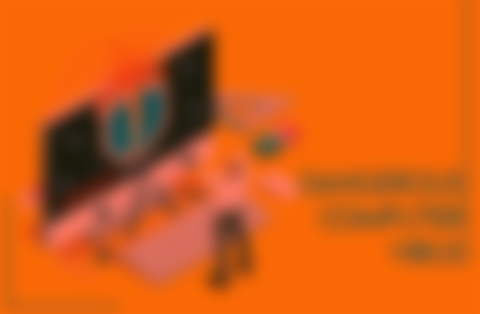
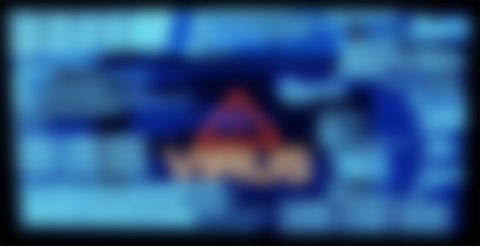
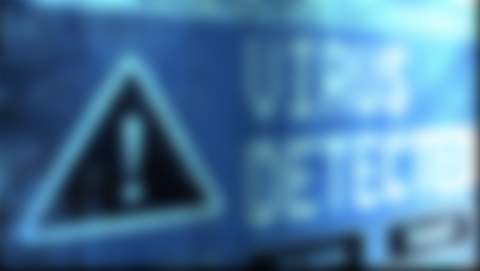

computer virus is very harmful for our computer so it's dangerous in our life